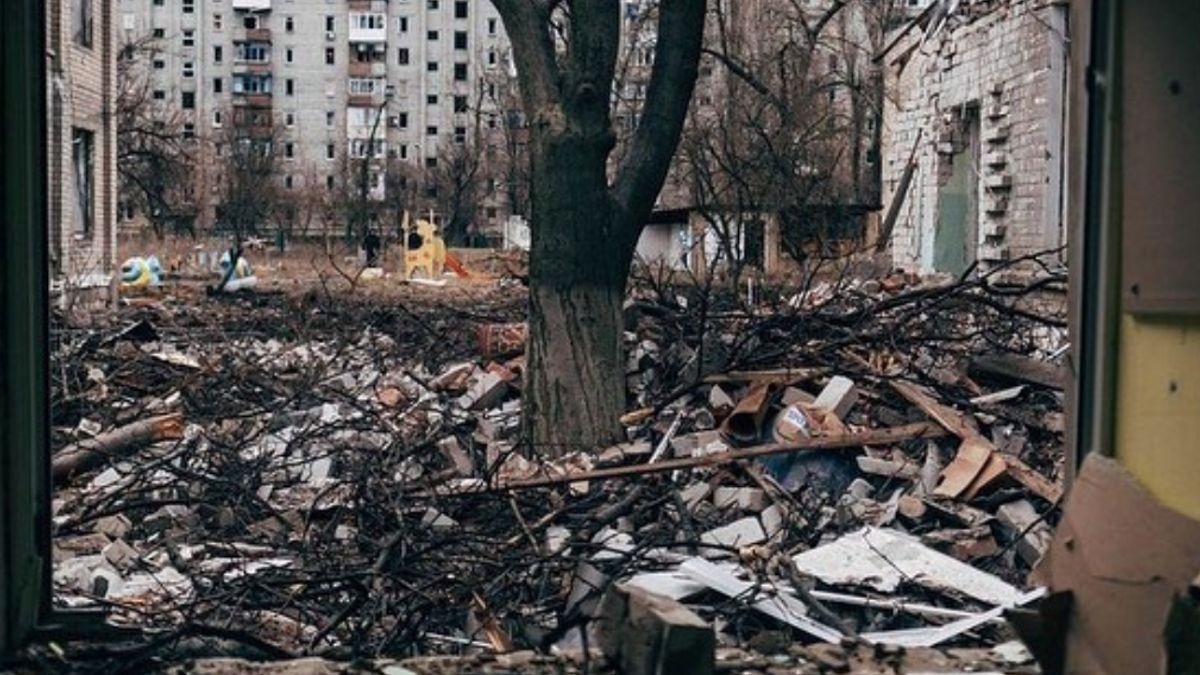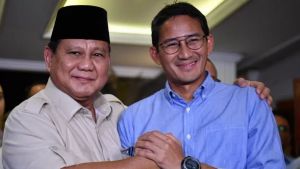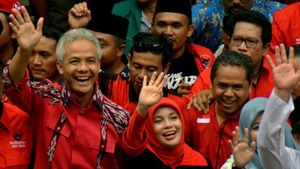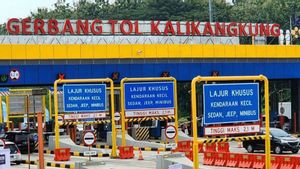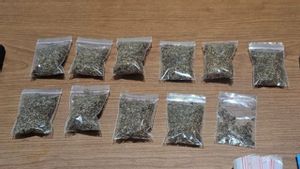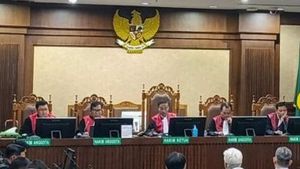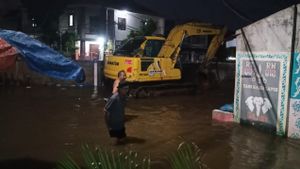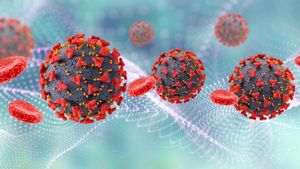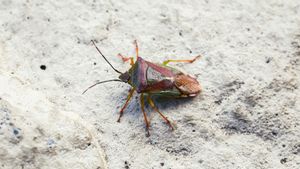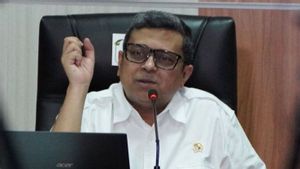JAKARTA - The G7 agriculture ministers condemned Russia for the war against Ukraine and the impact of the conflict on global food security.
They also agreed to help Kiev revive the agricultural industry by sharing knowledge about demining agricultural land and rebuilding infrastructure.
In a joint communiqué at the summit of their two-day meeting in Miyazaki, southwest Japan, the ministers also discussed paths to tackling climate change and the COVID-19 pandemic among the challenges faced by the global food system.
They say increased efforts to make them more resilient and sustainable are urgently needed.
"We are deeply concerned about the devastating impact of war on food security globally, not least through soaring prices for grain, fuel and fertilizer, which are disproportionately impacting the most vulnerable," said the statement reported by ANTARA, Sunday, April 23.
The G7 ministers, representing Britain, Canada, Germany, France, Italy, Japan and the United States (US), plus the European Union, acknowledged that the conflict has only exacerbated food instability and the loss of biodiversity continues on a large scale affecting plant health, water , and land.
According to a 2021 survey released by the Food and Agriculture Organization (FAO), agricultural expansion is responsible for nearly 90 percent of global deforestation, with more than half of forest lost due to conversion to agricultural land and 40 percent lost to livestock grazing.
The ministers also announced a separate action plan, known as the Miyazaki Action, in response to the complex issues facing the global food system.
另请阅读:
The plan addresses short-term challenges, such as international conflicts and the coronavirus, while focusing on long-term goals of reducing greenhouse gas emissions and bringing back lost biodiversity.
Among the points outlined in the plan are "to diversify supply chains by exploring ways to enhance local, regional and global food systems, capitalize on the sustainable use of existing domestic agricultural resources and facilitate trade."
During the meeting period, Japanese Minister of Agriculture Tetsuro Nomura held bilateral talks with G7 agriculture ministers and several participating international organizations.
Nomura made an agreement with the US and Canadian ministers of agriculture to hold regular dialogues to exchange information on achieving sustainable agriculture and increasing productivity.
On Japan's issue, he urged EU Commissioner for Agriculture Janusz Wojciecowski to remove restrictions on products such as seafood and wild mushrooms from northeastern Fukushima Prefecture, which suffered a nuclear disaster at the Fukushima Daiichi power plant when it was hit by an earthquake and tsunami in 2011.
Talk of increasing agricultural production is not a top topic of G7 discussion, in part because the member country is a major exporter, such as the US, according to Japan's Ministry of Agriculture, Forestry and Fisheries.
It is also feared that efforts to expand agricultural production will encourage countries to take protectionist measures, such as subsidizing farmers.
Japan, a resource-poor and rapidly aging country, believes that increasing agricultural productivity is a key issue that must be addressed to increase its food self-sufficiency rate, which will reach 38 percent in the 2021 fiscal year on a caloric basis.
The English, Chinese, Japanese, Arabic, and French versions are automatically generated by the AI. So there may still be inaccuracies in translating, please always see Indonesian as our main language. (system supported by DigitalSiber.id)
